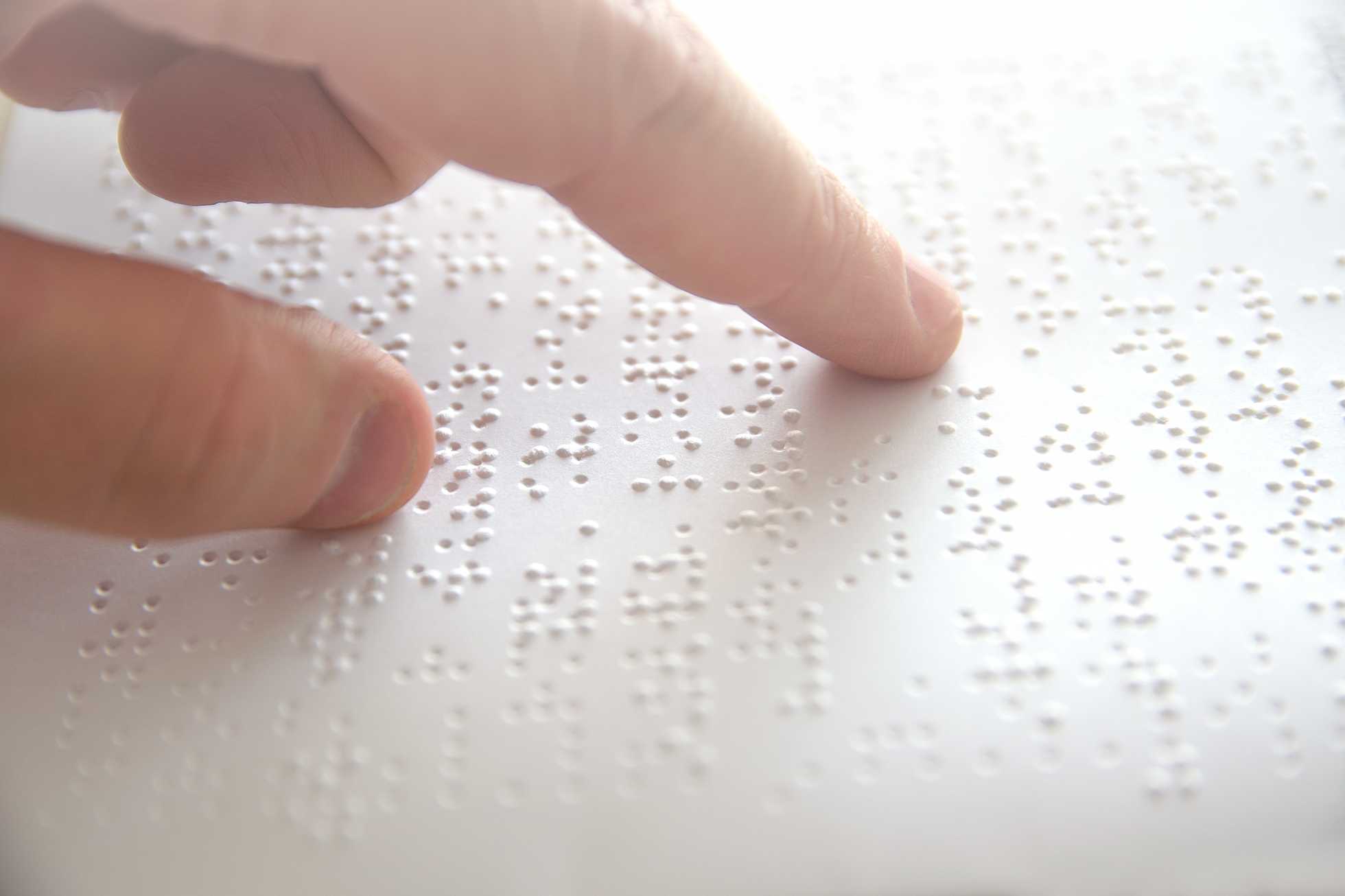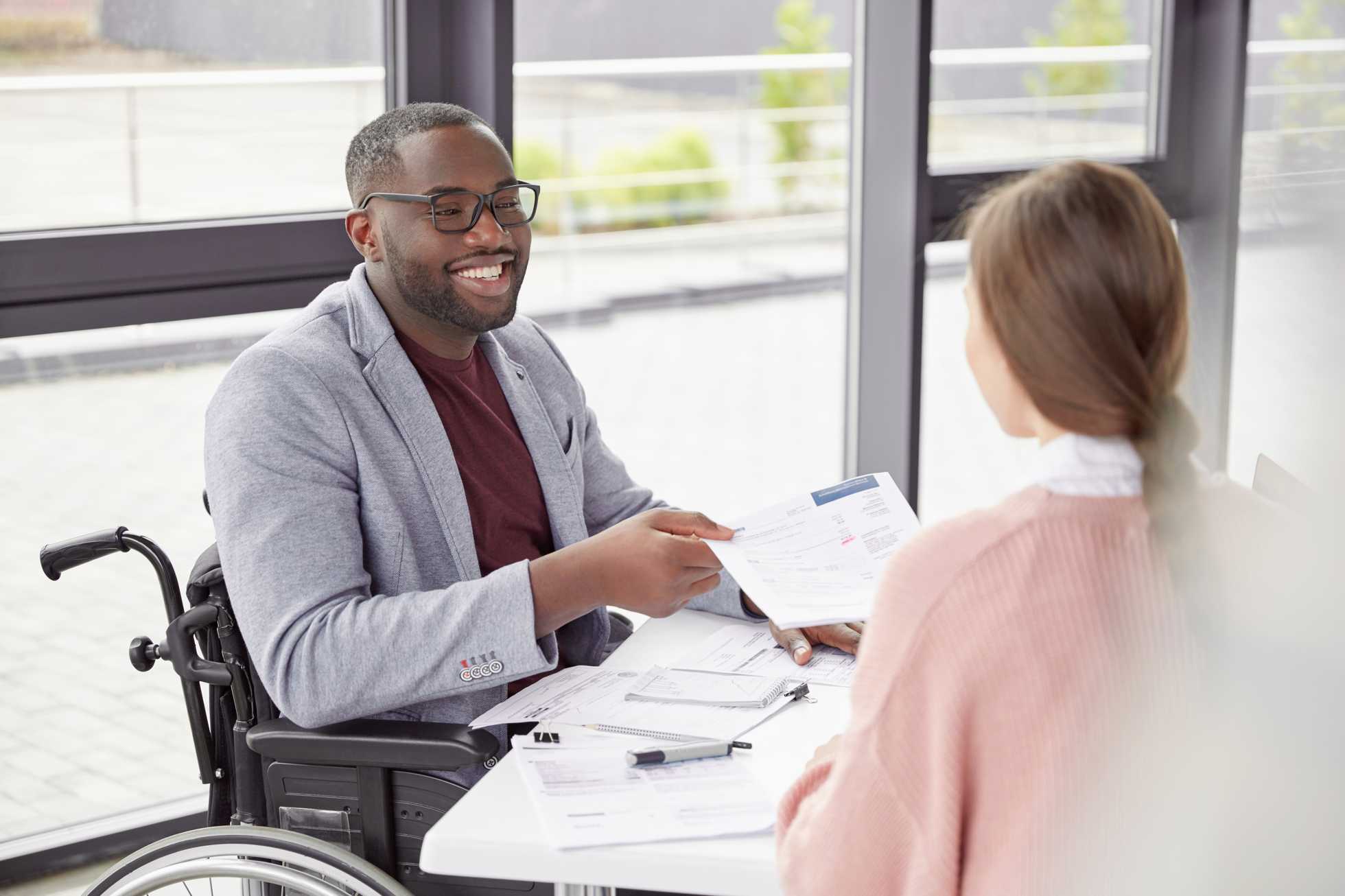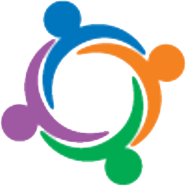CONTACT INFORMATION
Ashia Jackson: Executive Administrative Asst.
Email: [email protected]Daniel Myers: Independent Living Specialist-Volunteer Coordinator
Email: [email protected]Jerrie Toney: Program Manager
Email: [email protected]Makayla Robinson: Independent Living Specialist-Data
Email: [email protected]Tanya Collins: NHT (Nursing Home Transition)/MFP (Money Follows the Person) Coordinator
Email: [email protected]Nathan Rice: Independent Living Specialist
Email: [email protected]
Amber Hagan: Pathways to Partnerships Instructor
Email: [email protected]
Stephanie Rodriguez: Social Media
Email: [email protected]Mary Duffoo-Smith: NHT (Nursing Home Transition)/MFP (Money Follows the Person) Coordinator
Email: [email protected]Stephanie Bergamo: Special Events Coordinator
Email: [email protected]Kenya Warner: Resource Manager
Email: [email protected]Henry Troy: Independent Living Specialist-Transportation Coordinator
Email: [email protected]Garrick Scott: Executive Director
Email: [email protected]
Multiplechoices™ Center for Independent Living in Athens, GA
Multiplechoices™ Center for Independent Living (MCCIL) is a multi-service nonprofit agency of disability advocates for independent living. We serve individuals living with disabilities throughout a 10-county area of Northeastern Georgia. (See counties listed below.)
What is a Center for Independent Living (CIL)? A CIL is a private, not-for-profit agency that provides non-residential, non-medical Independent Living Services for people of all ages living with a disability. Each CIL is governed by a percentage of staff and board members who themselves are living with a disability.
MCCIL, and Centers for Independent Living nationwide, provide the following disability resource core services: peer support, information and referral, independent living skills training, systems and individual advocacy, and community/youth transitioning and diversion. Additional services and/or programs often are CIL-specific.
Turn to us, or to a CIL that serves your geographic location (www.ilru.org), for support and guidance in living a full and happy life, regardless of your disability.Independent Living is a Philosophy and a Movement
Independent Living is a philosophy and a movement of people with disabilities who work for self-determination, equal opportunities and self-respect. Independent Living does not mean that we want to do everything by ourselves and do not need anybody or that we want to live in isolation. Independent Living means that we demand the same choices and control in our every-day lives that our non-disabled brothers and sisters, neighbors and friends take for granted. We want to grow up in our families, go to the neighborhood school, use the same bus as our neighbors, work in jobs that are in line with our education and interests, and start families of our own.
Since we are the best experts on our needs, we need to show the solutions we want, need to be in charge of our lives, think and speak for ourselves – just as everybody else. To this end we must support and learn from each other, organize ourselves and work for political changes that lead to the legal protection of our human and civil rights.
We are profoundly ordinary people sharing the same need to feel included, recognized and loved.
As long as we regard our disabilities as tragedies, we will be pitied.
As long as we feel ashamed of who we are, our lives will be regarded as useless.
As long as we remain silent, we will be told by others what to do.
Adolf Ratzka 2005 Independent Living Institute (ILI) | Independent Living Institute
Person-First Language
Person-First Language puts the person before the disability and describes what a person has, not what a person is.
Person-First vs. Identity-First
Person-First Language addresses a person based on the understanding that they are a whole and valued person, albeit one who has certain attributes. For example, person-first language acknowledges that a person is blind rather than referring to them as a “blind person”.
This can work for all forms of disability – a person living with Autism/ASD, a person who uses a wheelchair, a person living with Cerebral Palsy, etc.
However, others may identify themselves in their own way. Many from within the Deaf community view themselves as a separate and unique culture, and may refer to themselves as a Deaf individual.
Some individuals living with disabilities want to acknowledge that they are in fact different and would prefer to be considered “a [disabled] person”.
This is a growing movement within the Autism community especially, with a general preference towards “autistic person”. This phrase names and explores the individual’s identity, acknowledging that they would not be the same person if they were to lose their disability.
Given the variety noted above, to utilize the same language and labeling techniques that the person uses themselves is always the best practice.
Offensive Words
Avoiding offensive words is part of being a community committed to hospitality and kindness. Not every word is offensive to every person, but certain words ought to be avoided, given their history.
When focused on inclusion and community, we ought to be firmly against the use of the term “retarded”. The terms crippled, handicapped, slow, dumb, derpy, freak, gimpy, invalid, vegetable, midget, mental, spaz, schizo, or tard, among others, have also been used to attack the personhood of those with disabilities in the recent past, and everyone ought to be encouraged to find alternative, appropriate, and respectful ways of reference.
Also, conflating mental health issues like OCD or anxiety disorders with personality traits trivializes the actual struggles of those with mental illnesses.
Words Matter
Below are two lists of words and phrases that have been used to describe people with disabilities.
The first list below contains words and phrases that are not acceptable to use.
The second list below contains words and phrases that are acceptable to use.
Unacceptable words and phrases:
invalid | handicapped | special people | imbecile | normal person | hunchback | is arthritic | confined to a wheelchair | physically challenged | humpback | is cerebral palsied | disabled people | wheelchair bound | crippled | idiot | deaf person | spastic | mute | birth defect | has fits | midget | retarded | a person who has mental retardation | has cerebral palsy
Acceptable words and phrases:
person living with a disability | wheelchair user | disability community | a person who is deaf | a person living with a congenital disability
Remember, though, as noted above, to utilize the same language and labeling techniques that the person uses themselves is always the best practice.
A Better Understanding of Individuals Living With a Disability
“Nondisabled Americans do not understand disabled ones. That was clear at the memorial service for Timothy Cook, when longtime friends got up to pay him heartfelt tribute. ‘He never seemed disabled to me’, said one. ‘He was the least disabled person I ever met’, pronounced another.
It was the highest praise these nondisabled friends could think to give a disabled attorney who, at thirty-eight years old, had won landmark disability rights cases, including one to force public transit systems to equip their buses with wheelchair lifts.
But more than a few heads in the crowded chapel bowed with an uneasy embarrassment at the supposed compliment.
It was as if someone had tried to compliment a black man by saying, ‘You’re the least black person I ever met’, as false as telling a Jew, ‘I never think of you as Jewish’, as clumsy as seeking to flatter a woman with ‘You don’t act like a woman’.
Here in this memorial chapel was a small clash between the reality of disabled people and the understanding of their lives by others. It was the type of collision that disabled people experience daily. Yet any discordancy went unnoticed even to the well-meaning friends of a disability rights fighter like Cook.
To be fair to the praise givers, their sincere words were among the highest accolade that Americans routinely give those with disabilities. In fairness, too, most disabled people gladly would have accepted the compliment some fifteen years before, the time when the speakers’ friendships with Cook had begun.
But most people with disabilities now think differently. It is not that disabled people are overly sensitive. But as a result of an ongoing revolution in self-perception, they (often along with their families) no longer see their physical or mental limitations as a source of shame or as something to overcome in order to inspire others.
Today they proclaim that it is okay, even good, to be disabled. Cook’s childhood polio forced him to wear heavy corrective shoes, and he walked with difficulty. But taking pride in his disability was, for Cook, a celebration of the differences among people and gave him a respectful understanding that all share the same basic desires to be full participants in society.”
Excerpted from Joseph Shapiro, No Pity: People with Disabilities Forging a New Civil Rights Movement, 1994 (Random House/Three Rivers Press)

Our Mission
The Mission of Multiplechoices™ is to break down all barriers by enhancing the quality of life and empowering people with disabilities, including veterans, through advocacy, education, and training.

Vision Statement
All people living with disabilities have the right to life, liberty, and the pursuit of happiness through equal access to all aspects of society.

Get the Assistance You Need
If you are living with a disability, know that resources and opportunities await you at Multiplechoices™ Center for Independent Living. Contact us to learn more.
Proudly serving the following Northeast Georgia Counties:
Barrow | Clarke | Elbert | Greene | Jackson | Madison | Morgan | Oconee | Oglethorpe | Walton



 Ashia Jackson: Executive Administrative Asst.
Ashia Jackson: Executive Administrative Asst.